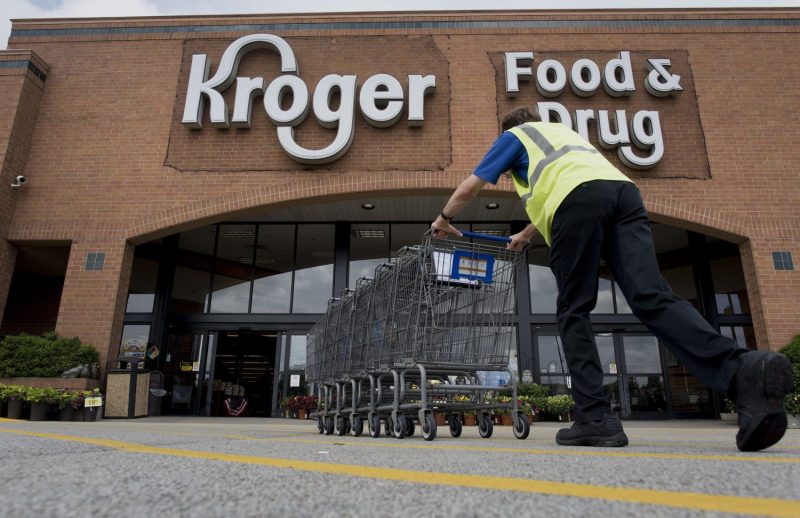The recent years have witnessed significant consolidation within the grocery industry. Among these consolidations is the highly controversial merger between retail magnates Kroger and Albertsons. The deal, however, has been under the microscope of the U.S. Federal Trade Commission (FTC) who is working relentlessly towards killing this proposed merger. There’s much at stake on all sides of this particular issue: for the FTC, for the Albertsons and Kroger brands, and for consumers. Here, we’ll explore the impacts and implications of the FTC’s intervention.
First at stake for the FTC is the efficiency of their regulatory function to promote market competition. The primary duty of the FTC is to prevent unfair methods of competition in commerce as part of the battle to maintain competition. With the grocery industry being a multi-billion-dollar business affecting every American, this prospective merger raises concerns about anti-competition and monopolistic practices. By trying to block the merger, the FTC ensures that no single retail entity is too dominant in the grocery industry to control pricing, availability, and quality of products.
For Albertsons and Kroger, there is a significant financial stake. United, these companies would have several thousand stores under their joint brand, potentially boosting revenues. Integration of technologies and merging of supply chains would streamline operations, reduce costs and promote efficiency. Additionally, their combined resources could support innovative efforts and facilitate expansion into new areas. The merger not going through could entail significant financial loss as both companies have likely invested heavily in the process, while also missing out on these prospective benefits.
Additionally, both brands risk losing their loyal customer base if the FTC’s motion to block the merger passes successfully. Consumers often prefer the familiar, and changes that come with a merger could influence customers to shop elsewhere. Establishing trust in a newly merged company can present a considerable challenge.
The stakes are equally high for consumers, who could face adverse outcomes if the merger takes place. With less competition, Kroger and Albertsons might enjoy a comfortable duopoly, leading to higher prices, potentially lower quality products, and fewer choices. Minorities and low-income consumers who largely depend on these stores for their essential commodities could be gravely affected. Besides, consumers in remote areas might face food deserts with few available shopping options.
Conversely, if the FTC is successful in blocking the merger, the consumers might stand to benefit from the continued competition between Albertsons and Kroger. Competition generally drives businesses to improve product quality while keeping prices as low as possible. However, the status quo may lead to increased prices as both companies strive independently to manage costs.
Last but not least, suppliers to these giant retailers also have a lot on the line. A joined Albertsons-Kroger force may demand better terms due to their increased purchasing power, which could strain suppliers. Conversely, if the merger is blocked, suppliers maintain their current relations and agreements with the retailers without the threat of renegotiations.
In summary, the fate of the proposed Kroger-Albertsons merger is a consequential affair that involves more than just the two companies. The FTC, consumers, and suppliers all have a lot at stake in this outcome, highlighting the complexities of such corporate consolidation decisions in the grocery industry. Time will tell which forces will prevail and define the future of the American grocery landscape.




